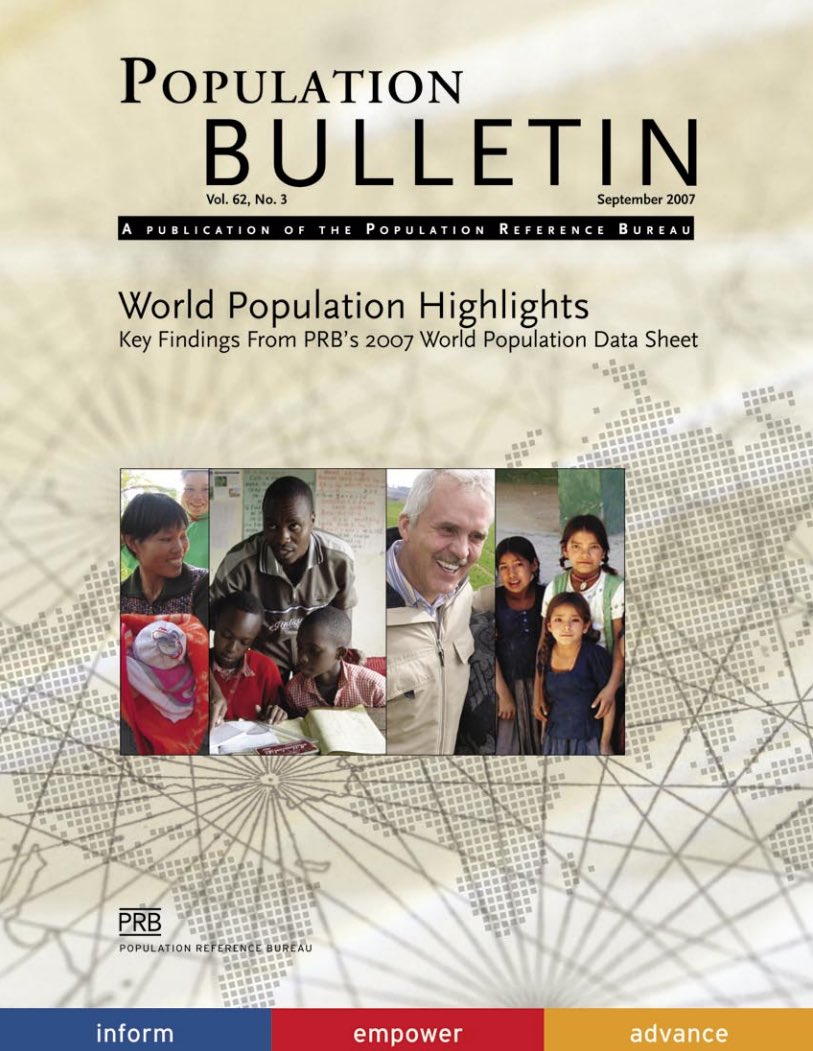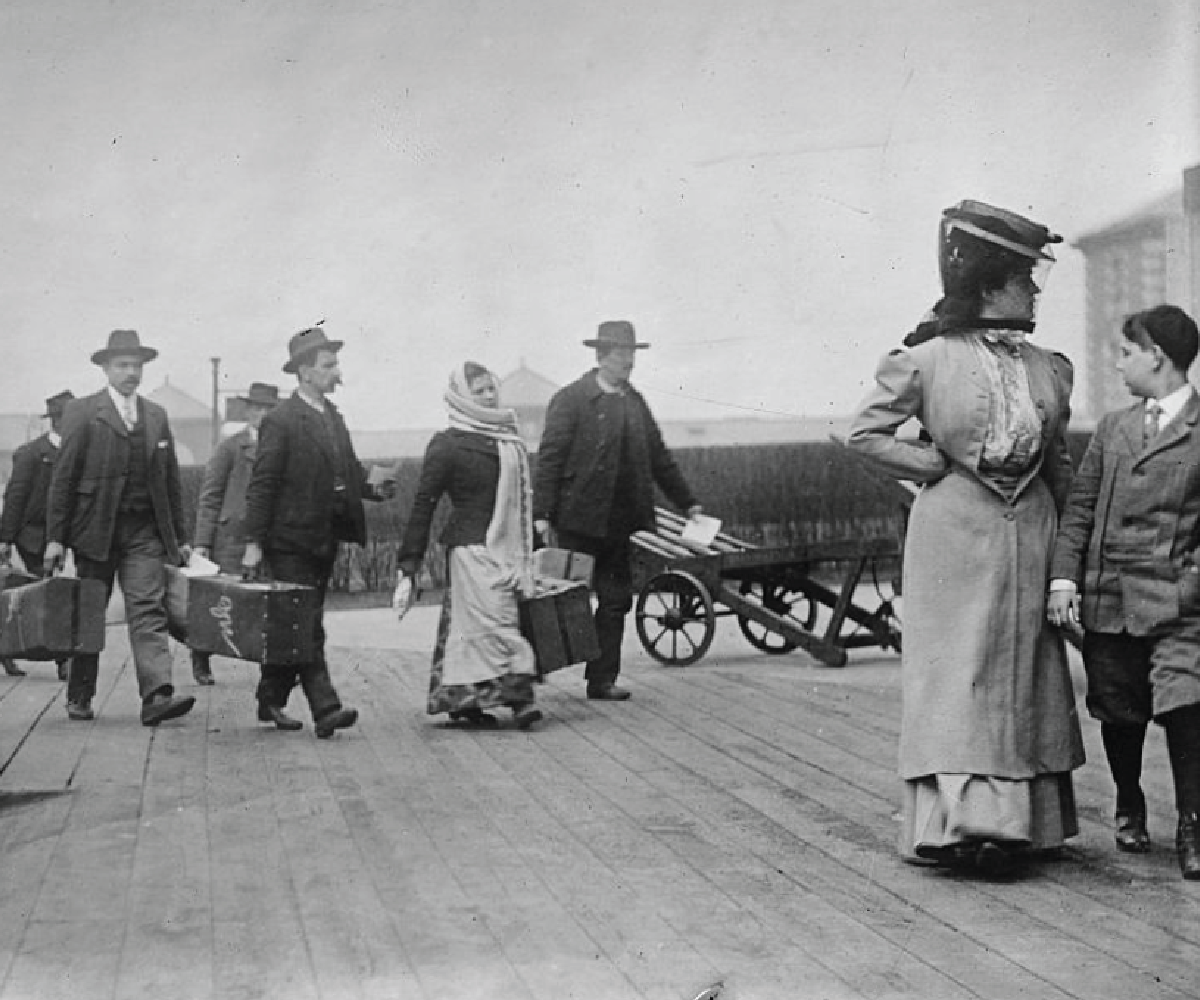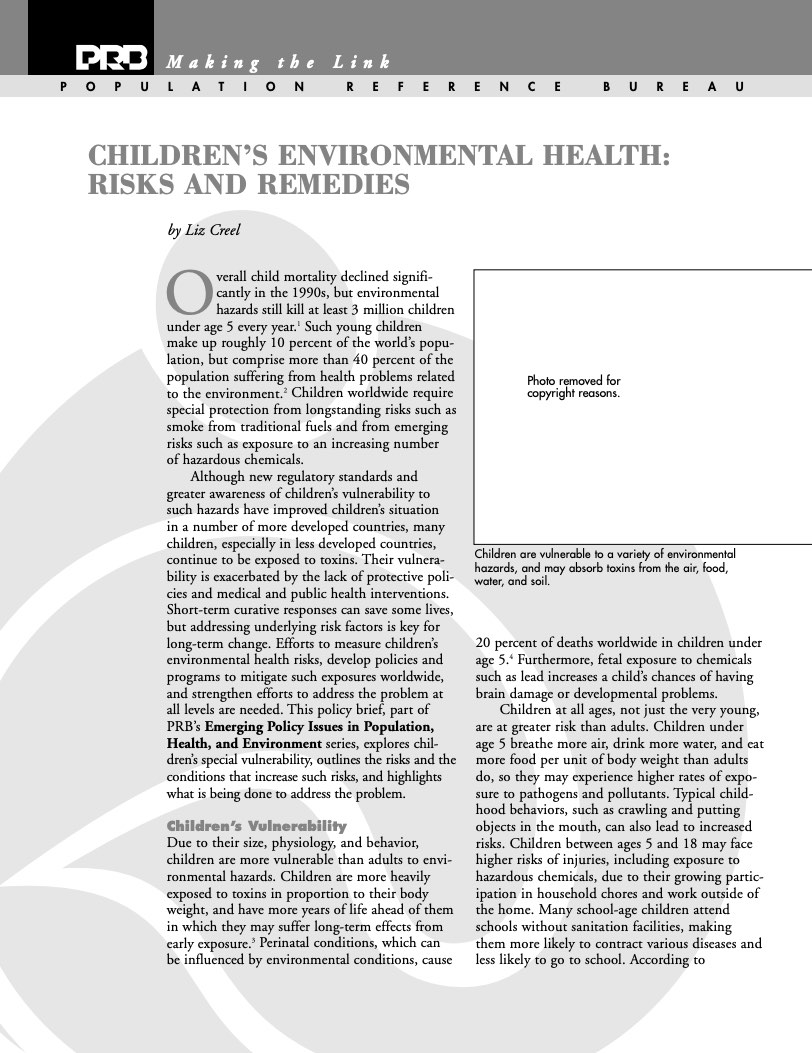PRB Discuss Online: Combating Malaria, a First-Hand Account From Congo
(2008) The global health community is mounting an unprecedented effort against the deadly scourge of malaria.
(2008) The global health community is mounting an unprecedented effort against the deadly scourge of malaria.

2007) In 2005, about 191 million people—3 percent of the world's population—were international migrants, according to UN estimates.

2007) In 2005, about 191 million people—3 percent of the world's population—were international migrants, according to UN estimates.

Attempts at immigration reform should address issues that have been with us, in various guises, for at least a century.

The Census counts every person who usually lives in the United States. They don’t have to be a U.S. citizen, but they do have to call this country their primary home.

Project: Demographic Forecasting Services—AMBAG
Two demographic groups—young adults ages 20 to 34 and older adults ages 65 and older—are reshaping the population in rural America.

(2002) Overall child mortality declined significantly in the 1990s, but environmental hazards still kill at least 3 million children under age 5 every year.1 Such young children make up roughly 10 percent of the world's population, but comprise more than 40 percent of the population suffering from health problems related to the environment.2
(2006) As avian flu kills a growing number of people and outbreaks of the virus are reported in birds from China to Turkey, public health officials fear a new global influenza pandemic could already be brewing.
(2005) More African Americans are living with HIV or already dead from AIDS than any other single racial or ethnic group in the United States—a crisis one black AIDS activist calls "a state of emergency" for the African American community.